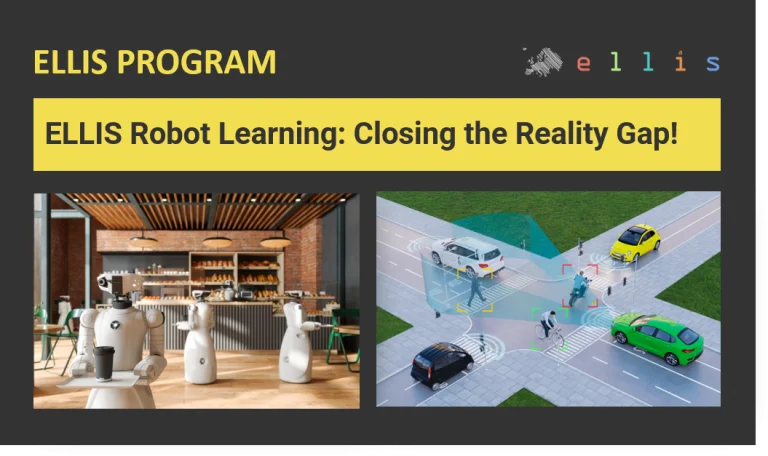



ELLIS Program Insights: "Robot Learning: Closing the Reality Gap!"
With the rising demand for learning solutions for autonomous robots, the question of how to effectively train such robot systems becomes increasingly important. How should the robot move? How should it act and interact? How can sensorimotor behavior be improved by machine learning approaches?
The ELLIS Program ‘Robot Learning: Closing the Reality Gap!’ focusses on these questions and aims to develop innovative learning solutions to provide future robots with the ability to acquire robust strategies, to adapt to new or changing conditions, and to be easily teachable even by non-expert users. It connects researchers from areas such as machine learning, computer vision, optimization and robotics, and is led by three renowned experts in these fields: Jan Peters, Professor for Intelligent Autonomous Systems at the Computer Science Department of TU Darmstadt (Germany), Aude Billard, Professor at the Learning Algorithms and Systems Laboratory at EPFL (Switzerland), and Tamim Asfour, Professor for Humanoid Robotics Systems at KIT (Germany).
Below, Jan Peters, one of the three Directors, answers our questions about the program’s research fields, and tells us what advice he would give to young talent seeking a career in this area.
Human-like robots that act autonomously play a major role in numerous science fiction stories. Could you do a brief reality check with us: What is a robot, what are robots capable of today, and what is still utopia?
Jan Peters: “The question of what is a robot is ages old. Textbook answers are all terrible but I like Randow’s inverse definition best: ‘A computer is an amputated robot!’ In the end, any computer device that can perceive and act upon its environment for general or many different purposes can be considered a robot. That is a wide range from the humanoid robots in sci-fi to nano- and microrobots – where most robotic aspects are outside the robot including computation, sensing and even what makes the actuators perform. Robotic capabilities are both amazing and frustratingly primitive: There would be no car industry in Europe if industrial robots were not capable of welding, spray painting, assembly, et cetera at a higher accuracy, reliability and speed than any human. At the same time, the reprogramming of such robots has become their most expensive aspect - exceeding the cost of the robots themselves. Robots that can program themselves have become the most important issue for future robot application – including all the utopian settings such as household robots, robots preparing human settlements on other planets, et cetera. While there has been amazing progress in both imitation and reinforcement learning for robotics, we are lacking the ‘scalable’ scenario which gave computer vision, computer game playing and natural language processing their breakthroughs.”
What are examples for robots used in our everyday life?
Jan Peters: “Today? [Laughs] In Europe, we mainly have lawnmowers, vacuum cleaners, and robotic toys as autonomous robots. In Asia people appreciate robots more and there are the first restaurants where robots prepare and serve food…”
With your cross-national research program ‘ELLIS Robot Learning: Closing the Reality Gap!’ you focus on closing the real-world gap for intelligent systems with machine learning. What exactly does this mean? What is ‘robot learning’ and what are the objectives of your program?
Jan Peters: “Robot learning refers to the science of enabling robots to learn their own programs. It has deep roots in robot control, machine learning and cognitive science. When all three of us ELLIS program directors – Aude Billard, Tamim Asfour and I – got into that field, we were considered obscure and much of robotics centered on manual modeling, simulation and planning. These classical approaches actually work quite well – unless you want your robot to react fast to the environment or make physical contact with the environment. In these cases, a simulator is often not of great use which is why robot learning is often the only feasible approach. However, that imposes a series of important objectives into robot learning ranging from learning from little data online in real-time up to actually not harming your environment during the learning process.”
And more specifically: What are concrete projects you are currently working on in your program?
Jan Peters: “There are lots of activities all over the field ranging from how to actively get the right data for robot learning up, developing new, more suitable methods for efficient and fast learning, methods for realistic transfer learning and for assessing generalization across robots’ embodiments, machine learning methods with inherent safety guarantees, up to finding realistic robotic use cases that can be handled by current learning methods.”
For everyone pursuing a research career in this field: Which skills and interests are beneficial for succeeding in this area? Do you have any advice for young talent?
Jan Peters: “When I got into Robot Reinforcement Learning, a lot of famous researchers considered that a stupid decision as it was an obscure area. I was told that Robot Learning would never be needed as manual modeling, simulation and planning would always be the better alternative. They were particularly critical of Reinforcement Learning – as doing research in Reinforcement Learning supposedly meant that you would never get a good job. Today, we know that was utterly wrong! Thus, my advice for young talent is to search for the obscure overlooked problem and not follow the lemmings in the mainstream. It will be harder at first but will pay off in the long run! Importantly, though, read upon all alternatives your critics throw in your way! By critically studying competing approaches, you will understand more about their weaknesses than their supporters and thereby you can propose more truly promising alternatives.”
